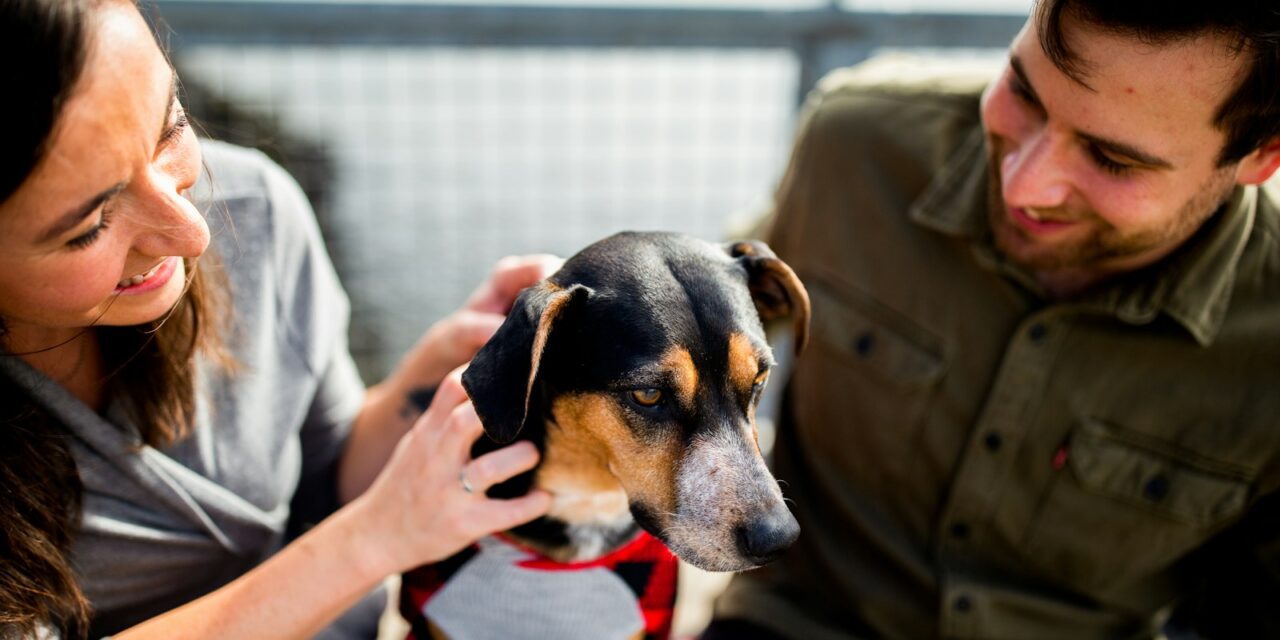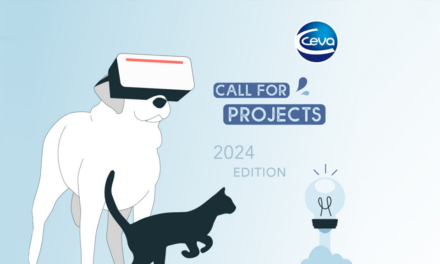The British Veterinary Association (BVA) has reaffirmed its commitment to ensuring veterinary medicines are accessible in Northern Ireland, following Brexit-related challenges.
BVA President Dr. Elizabeth Mullineaux emphasised the organisation’s ongoing lobbying efforts during the 2024 BVA Northern Ireland Dinner held at Stormont. The event highlighted the critical need to secure veterinary medicines before the current grace period ends in late 2025.
Speaking at the event, Dr. Mullineaux warned that failing to secure access to these essential medicines could have serious consequences for both human and animal health. She noted the potential benefits of a new EU veterinary agreement in resolving these access issues, ensuring animal health and food safety not only in Northern Ireland and the Republic of Ireland but across Europe.
Risks of Medicine Shortages Highlighted
Dr. Mullineaux explained that the continued lack of certainty around veterinary medicine supplies poses significant risks. “Failure to secure access to these vital veterinary medicines for Northern Ireland could have devastating implications,” she said. The BVA has called on the UK Government to prioritise veterinary medicine access in any future EU agreements.
The BVA will be intensifying its lobbying efforts to ensure that government ministers and officials fully understand the scale of the issue. The association hopes that securing a permanent solution will protect both the animal health sector and human health, given the close links between veterinary care and public health.
Support for Veterinary Profession During CMA Investigation
In addition to addressing concerns about veterinary medicines, Dr. Mullineaux also discussed the ongoing investigation by the Competition and Markets Authority (CMA) into the UK vet services market for household pets. She acknowledged the difficulties faced by the veterinary profession, which has been under increased scrutiny since the investigation was announced. Vets have experienced criticism from both clients and the media, but Dr. Mullineaux made it clear that the BVA continues to stand by the profession.
She stated, “BVA has stood firm in support of the profession, ensuring that a veterinary voice has been heard. We remain committed to working closely with the CMA to ensure that its investigation leads to positive outcomes, while supporting the profession with measures such as our new guidance to help address concerns on transparency and client choice.”
Calls for Veterinary Surgeons Act Reform
During her address, Dr. Mullineaux also highlighted the need for reform of the Veterinary Surgeons Act 1966. She pointed out that the current legislation does not regulate veterinary practices, placing individual vets and veterinary nurses in difficult positions where they are held accountable for business decisions beyond their control. These decisions can directly impact animal welfare, yet the current legal framework fails to provide adequate protections or oversight for the profession.
Dr. Mullineaux said, “It is essential this act is updated to suit the modern veterinary profession. This is not appropriate and must be rectified.” The BVA has been advocating for this reform, which it views as critical to improving the working conditions for veterinary professionals and enhancing the overall care animals receive.
Tribute to Former RCVS President Des Thompson
Dr. Mullineaux closed her speech by paying tribute to former Royal College of Veterinary Surgeons (RCVS) President Des Thompson, who passed away recently. She recognised his tireless work on behalf of the profession, particularly in Northern Ireland, and his significant contributions to advancing veterinary care.
As the BVA continues its work, Dr. Mullineaux urged attendees to remain engaged with the association’s efforts, particularly in advocating for change in areas like veterinary medicine access and legislative reform.








